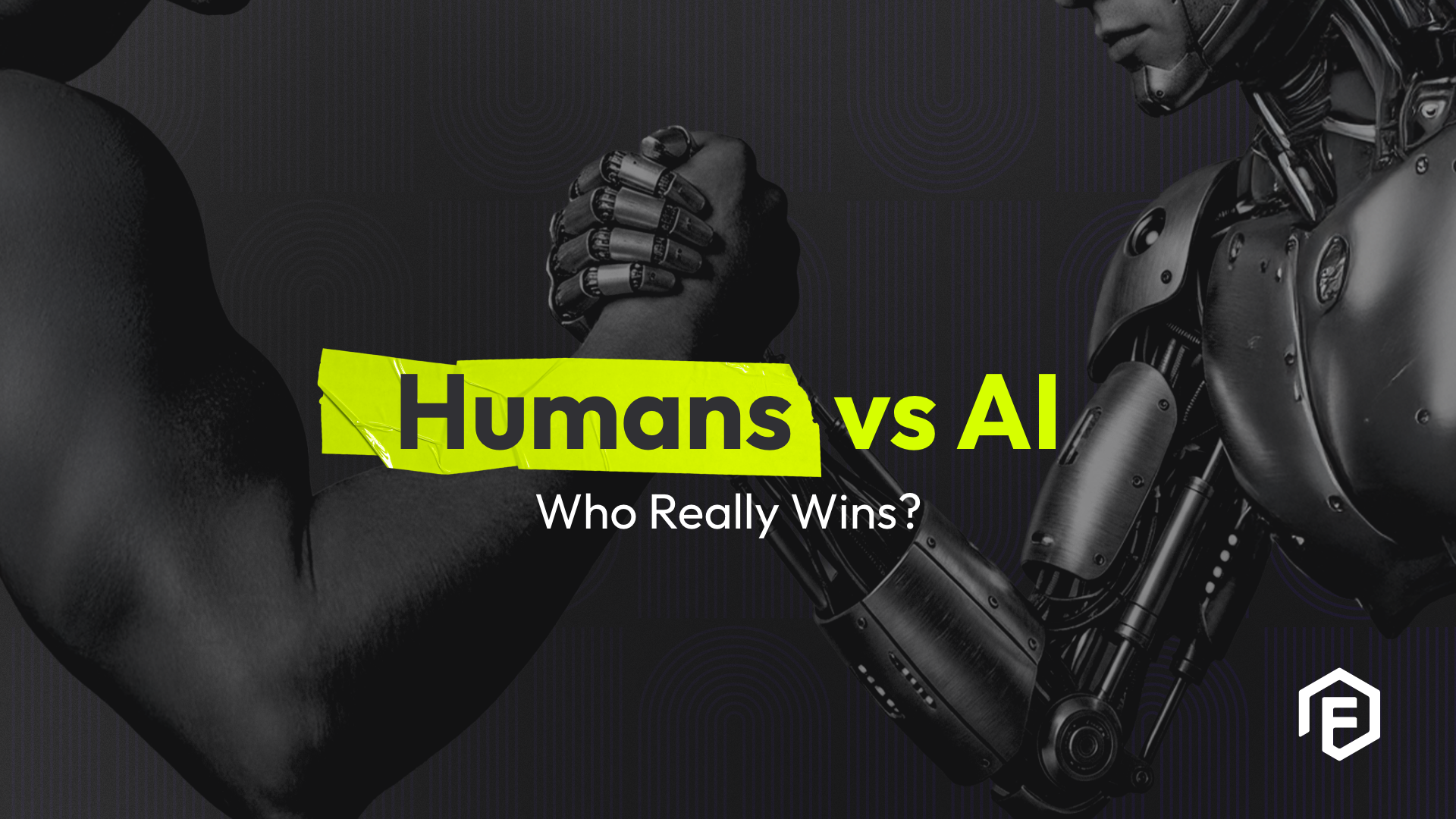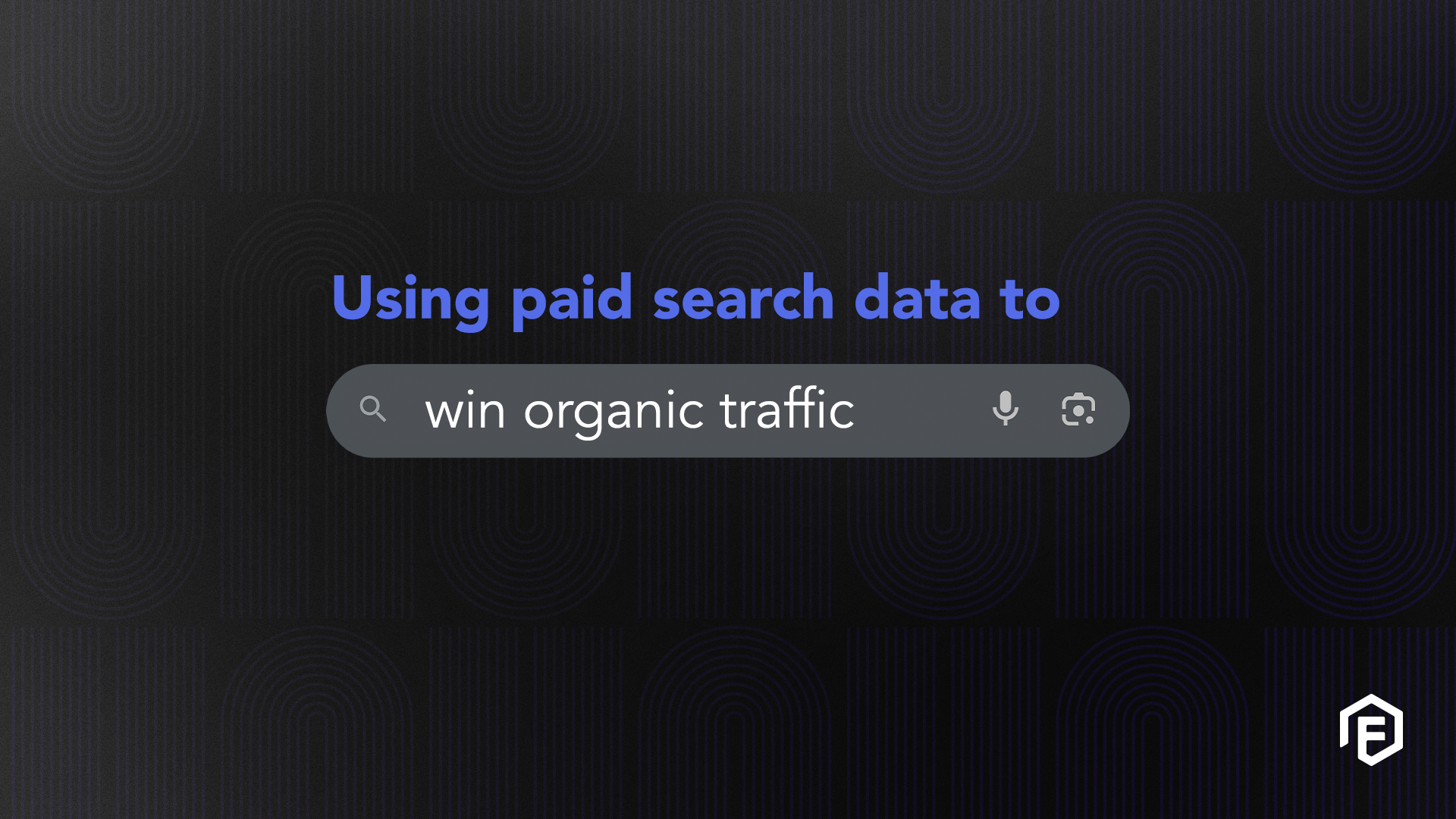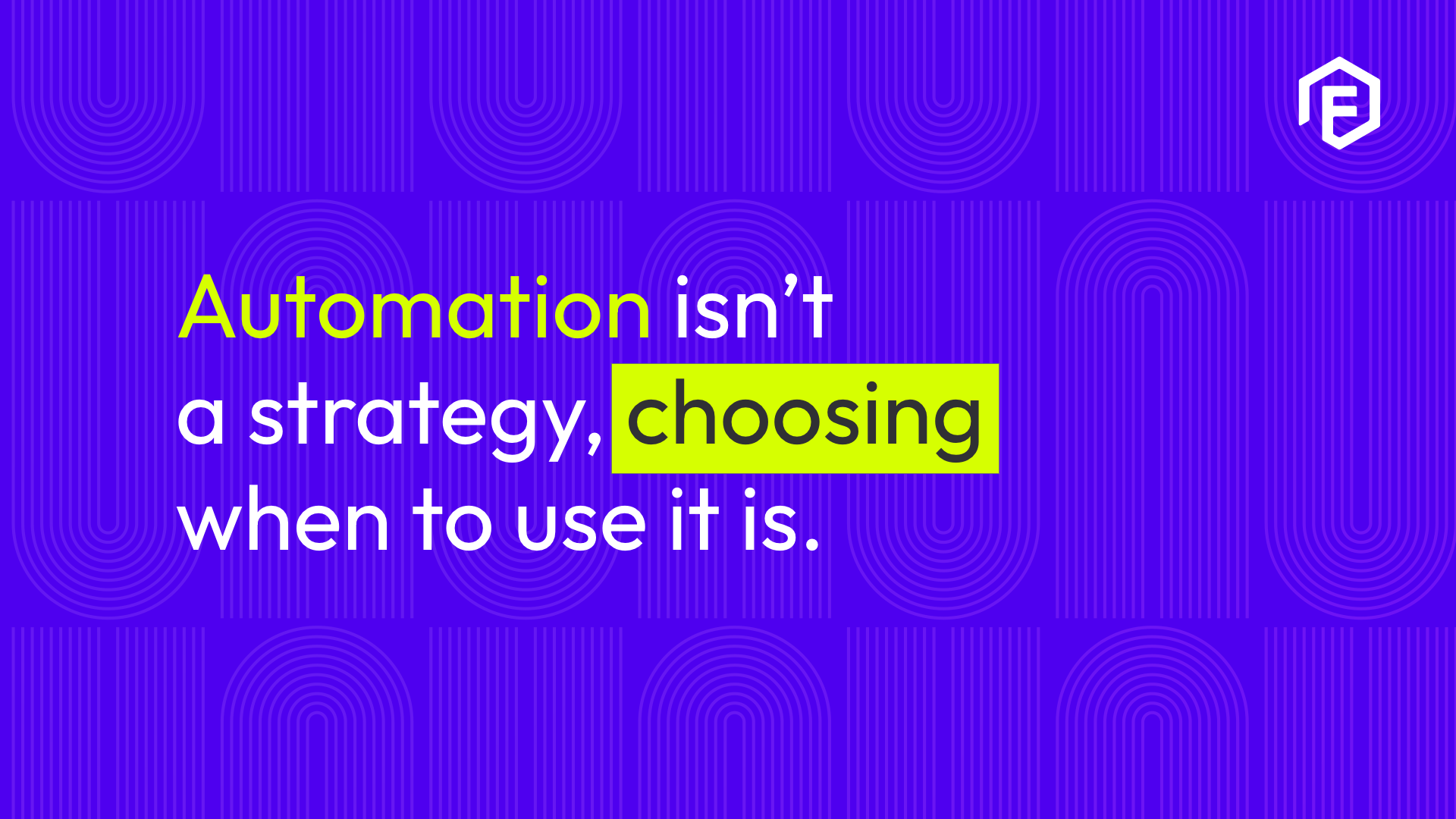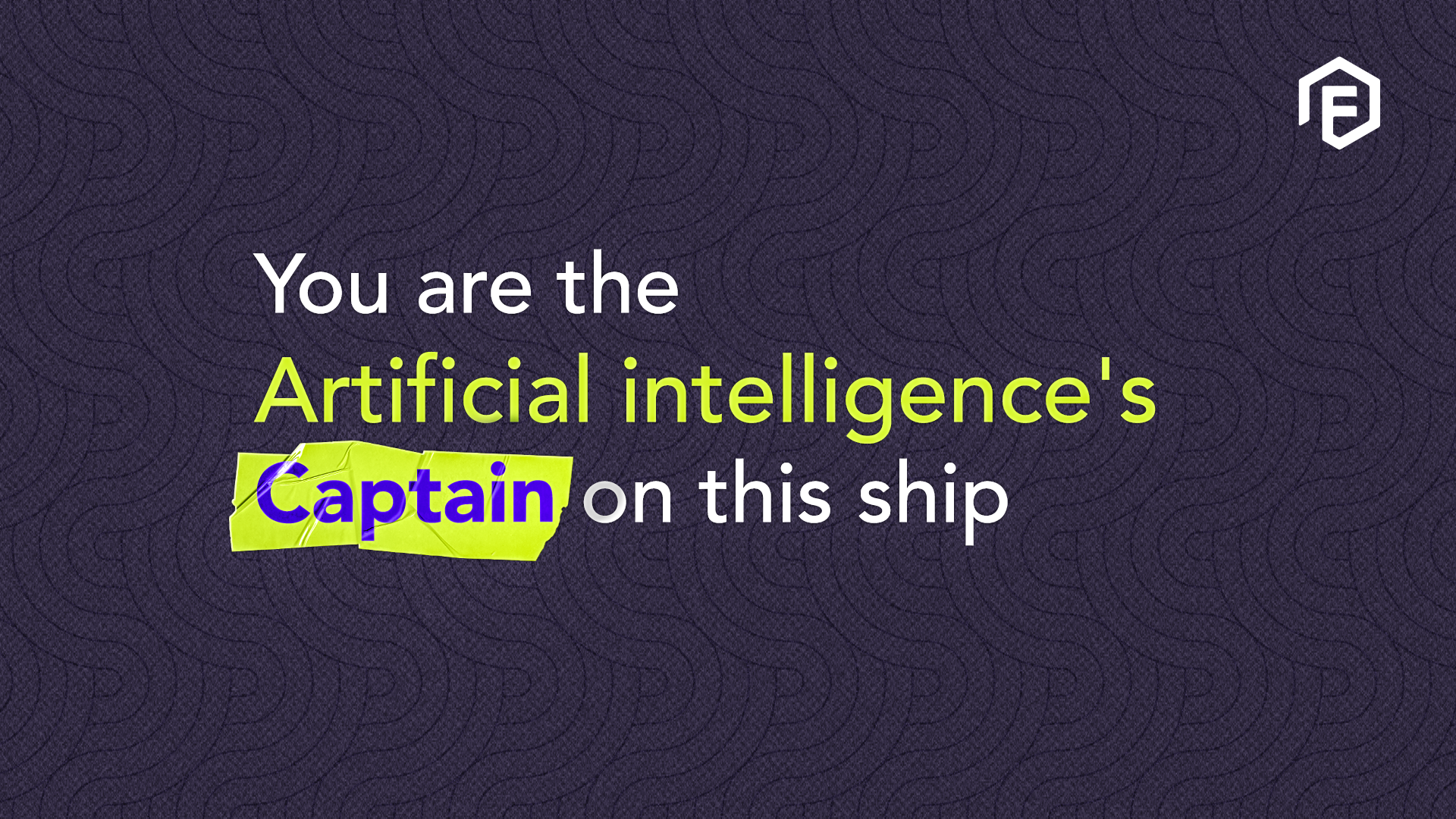If digital marketing were a club, SEO would be that regular guest who occasionally reinvents themselves with a new wardrobe. And now, AI has waltzed in wearing something futuristic, making everyone wonder if SEO is about to become a wallflower or evolve into something even more dazzling. Spoiler: it’s the latter.
Welcome to the age of AI in SEO, where algorithms are smarter than your average trivia champion, and success is measured by how well you can adapt to a rapidly changing landscape. Let’s take a deep dive into how AI is shaking things up, how SEO has matured (or hasn’t) over the years, and what the future might hold for this enduring cornerstone of digital marketing.
How Does AI Help with SEO?
AI isn’t just some overhyped buzzword. It’s the Mary Poppins of SEO, showing up with a bottomless bag of tricks to make your life easier. Here’s how AI can sprinkle its magic dust on your SEO efforts:
Smarter Keyword Research
Remember the days when keyword stuffing was king? You’d shoehorn every possible variation of “cheap shoes” into your content and search engines would happily rank it. Those days are long gone. AI-driven tools like Google’s RankBrain or platforms like SEMrush now understand context, intent, and synonyms better than most humans.
AI helps you identify not just what people are searching for but also why they’re searching for it. It’s not about cramming keywords anymore. It’s about using the right words in the right context to satisfy user intent. Think of AI as your SEO oracle, telling you what your audience really wants before they even know it themselves.
Content Optimisation That’s Actually Useful
Ever written a blog post, only to feel like you’ve launched it into the void? AI can help with that. Tools like Surfer SEO or Clearscope analyse top-performing content in your niche and provide actionable suggestions for structure, readability, and keyword usage.
AI doesn’t just optimise your content for search engines, it also ensures it resonates with human readers. After all, robots may rank your content, but it’s humans who actually click, read, and convert.
Predicting Trends Before They Go Viral
AI has a knack for spotting patterns that would take even the savviest marketer weeks to identify. It analyses mountains of data (without needing coffee breaks) to predict what topics are about to trend. If you’ve ever wondered how some brands always seem to be ahead of the curve, chances are they’ve got AI working overtime in the background.
Personalisation at Scale
AI allows for hyper-personalised experiences, which is gold for SEO. Whether it’s tailoring content recommendations or customising search results based on user behaviour, AI makes it possible to give each visitor the feeling that your website was designed just for them. And trust me, when it comes to winning over users (and search engines), flattery gets you everywhere.
How Has SEO Changed over the Years?
SEO has been through more transformations than a reality TV star. It’s evolved from a simple keyword-matching game into a complex web of algorithms, user intent, and technical wizardry. Let’s take a quick stroll down memory lane, shall we?
The Wild West of SEO
Back in the early days, SEO was a free-for-all. You could rank a website by spamming backlinks, stuffing keywords, and adding meta tags that read like a thesaurus had a meltdown. It was a chaotic time, but for those who played the game right, it was a gold rush.
The Rise of Google’s Algorithm Updates
Then came Google, with its Pandas, Penguins, and Hummingbirds – algorithm updates that changed the game forever. Suddenly, quality content mattered. Backlinks had to be earned, not bought from some dodgy vendor promising “10 000 links for R100”.
User experience (UX) became critical. Slow-loading sites and spammy practices started getting penalised, while well-designed, user-focused websites soared.
The Mobile-First Era
With the rise of smartphones, mobile SEO became a priority. Google’s mobile-first indexing meant that if your site wasn’t optimised for smaller screens, you might as well have been invisible. It wasn’t enough to simply look good on the desktop – you had to perform across all devices.
The Shift to Semantic Search
Gone are the days of matching exact keywords. Semantic search, powered by AI, looks at context and intent. For example, if someone searches “best coffee near me,” they’re not just asking for a list of coffee shops; they’re looking for recommendations tailored to their location, preferences, and, quite possibly, their caffeine addiction.
How Will AI Impact the Future of SEO?
If you think AI’s current role in SEO is impressive, you haven’t seen anything yet. The future promises even bigger changes, and staying ahead of the curve will be crucial for success.
Search Becomes Conversational
With tools like ChatGPT and Bard making waves, search is becoming more conversational. Users are increasingly asking search engines questions in a natural, human-like manner. Instead of “cheap flights London to Paris,” it’s “What’s the cheapest way to fly from London to Paris next weekend?”
This means your content needs to answer these conversational queries clearly and directly. Voice search is also on the rise, so don’t be surprised if optimising for long-tail, spoken-like queries becomes standard practice.
AI Will Be the Gatekeeper of Rankings
AI is already analysing your content for quality, relevance, and engagement. But soon, it’ll go further. Imagine AI that predicts whether your blog will resonate with your audience before you even hit “publish”. Scary? Perhaps. Useful? Definitely.
Visual and Video Search Will Dominate
With platforms like TikTok and Instagram reshaping how people consume content, visual and video SEO is set to explode. AI-powered tools will play a huge role in tagging, analysing, and optimising visual content. If you’re not already investing in video, now’s the time to start.
Real-Time Adaptation
AI will make real-time SEO a reality. Imagine your site adjusting itself on the fly, optimising headlines, updating keywords, or even tweaking design elements based on user behaviour. The days of “set it and forget it” will be long gone.
Key Adaptations for Success in the AI Age
To thrive in this brave new world, you’ll need to adapt. Here’s how:
Embrace AI-Powered Tools
From keyword research to analytics, AI tools are your best friend. Invest in platforms that help you streamline processes, predict trends, and optimise your content with precision.
Focus on Quality Over Quantity
AI can sniff out low-quality content faster than you can say “clickbait.” Prioritise creating valuable, in-depth, and engaging content that genuinely solves user problems.
Optimise for Humans, Not Just Robots
AI might be what ranks your content, but it’s humans who engage with it. Always write with your audience in mind, ensuring your content is clear, conversational, and compelling.
Stay Flexible and Evolve
The only constant in SEO is change. Whether it’s new algorithms, emerging technologies, or shifts in user behaviour, staying flexible and willing to adapt is key to long-term success.
Conclusion
SEO in the age of AI is a lot like riding a dragon – if you don’t know what you’re doing, it can quickly spiral out of control (no fantasy reference intended, of course). But for those who adapt, AI offers unprecedented opportunities to refine strategies, connect with audiences, and achieve success like never before.
So, embrace the change, leverage the tools, and remember this: SEO isn’t dead. It’s just levelling up, and with AI by your side, so can you.
Flume is an independent, full-service digital marketing agency providing services that include SEO, web design and development, public relations, media buying, client service, UX/UI, and creative production. For more information visit www.flume.co.za or email us to say, well, “hello”.
-
Frequently Asked Questions
-
1. What is the purpose of a digital marketing dashboard?
- A digital marketing dashboard consolidates key metrics in one place, providing actionable insights to help track performance, identify trends, and make data-driven decisions efficiently.
-
2. What makes a dashboard "actionable"?
- An actionable dashboard focuses on relevant, decision-driving metrics, eliminates unnecessary data, and provides clear insights that align with specific business goals, enabling swift and informed action.
-
3. How do operational, analytical, and strategic dashboards differ?
- Operational dashboards monitor real-time activities and enable immediate adjustments.
- Analytical dashboards analyze long-term trends to uncover deeper insights.
- Strategic dashboards align with broader business objectives, offering a high-level view for long-term planning and stakeholder communication.
-
4. How can dashboards help build brand trust?
-
Transparent dashboards provide clients and stakeholders with clear, real-time data insights, showcasing accountability and reinforcing trust by validating decisions with tangible evidence.
-
-
5. What are common mistakes to avoid when designing a dashboard?
- Overloading it with too many metrics ("kitchen-sink dashboards").
- Ignoring the need for context when interpreting data.
- Failing to regularly update and adapt the dashboard to evolving business goals and market conditions.



